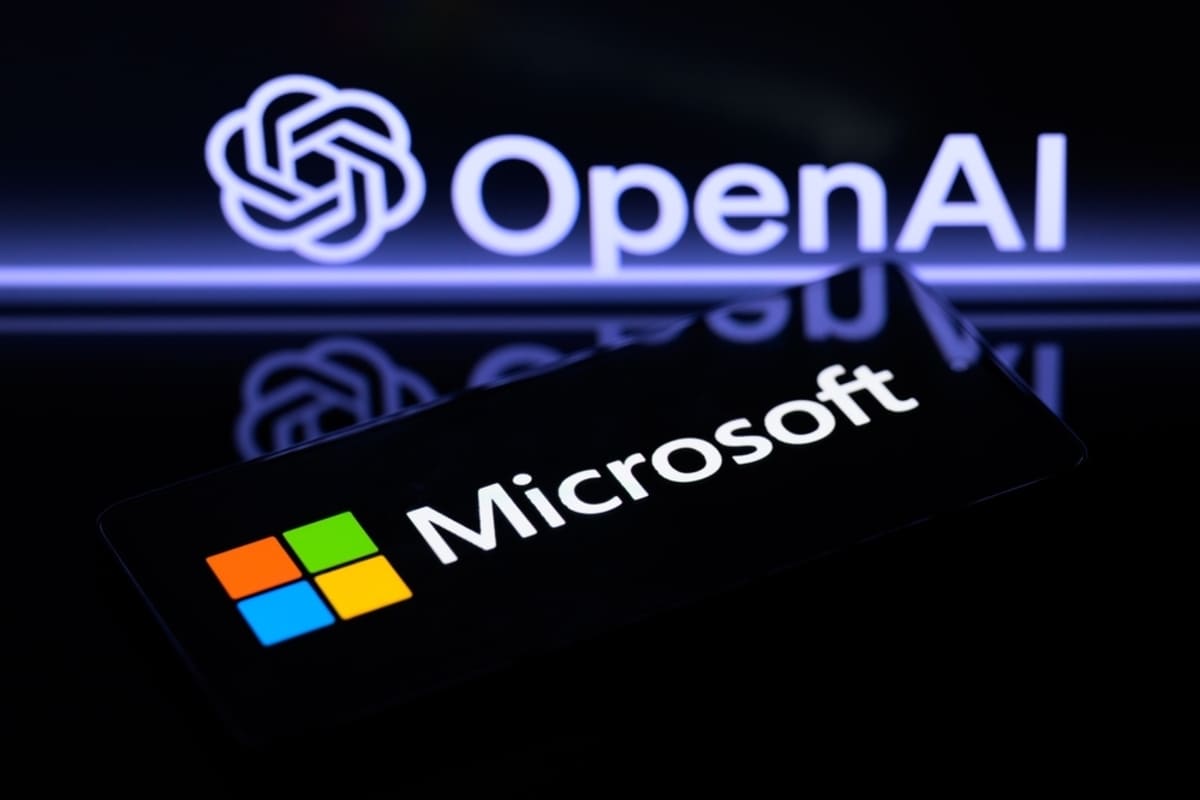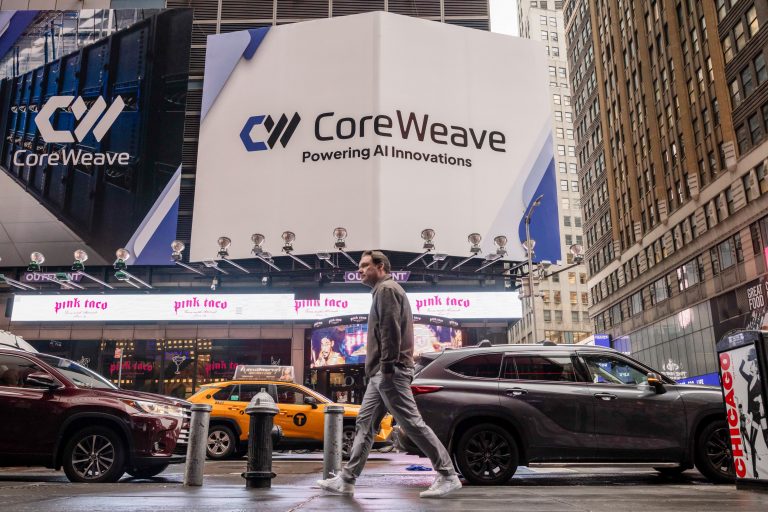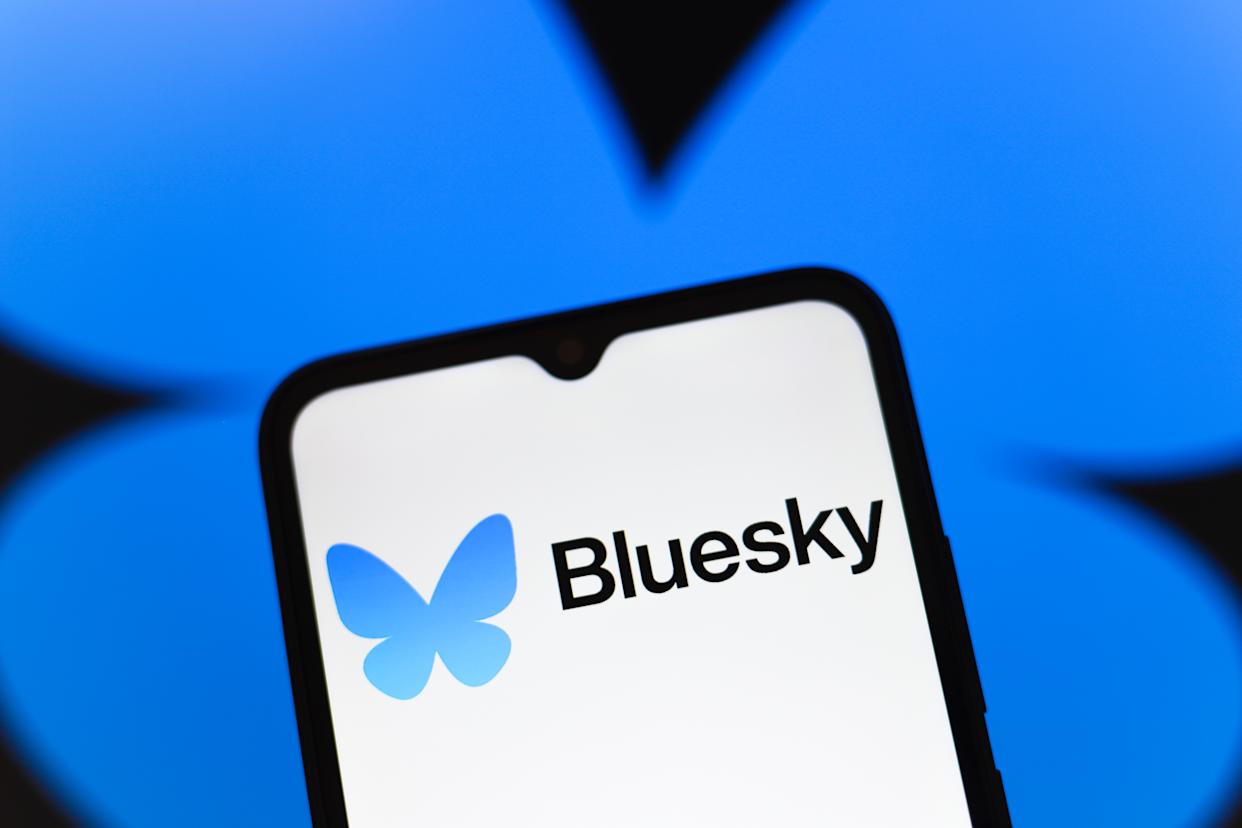OpenAI Moves Toward Public Benefit Status with Microsoft’s Backing
OpenAI has announced a nonbinding agreement with Microsoft, its largest investor, to restructure its for-profit arm into a Public Benefit Corporation (PBC). The move, pending regulatory approval, could pave the way for OpenAI to raise more capital and potentially list as a public company.
According to OpenAI board chairman Bret Taylor, the nonprofit overseeing the company will remain intact and retain governance control. Under the proposed deal, the nonprofit will also hold a stake in the PBC, valued at over $100 billion. While the exact terms were not disclosed, Taylor emphasized the agreement represents a significant step in redefining the partnership between the two companies.
In a joint statement, OpenAI and Microsoft confirmed the signing of a nonbinding memorandum of understanding (MOU). While MOUs do not carry legal weight, they serve as a roadmap for final agreements. Both parties stated they are “actively working to finalize contractual terms in a definitive agreement.”
This development follows months of tense negotiations between the ChatGPT maker and Microsoft. The discussions reflect OpenAI’s unusual governance model, where a nonprofit board retains authority over the for-profit entity. The structure previously led to the temporary ousting of CEO Sam Altman in 2023, before he was reinstated days later amid board resignations.
Microsoft currently enjoys preferred access to OpenAI’s technology and serves as its main cloud provider. However, with OpenAI’s rapid growth since Microsoft’s initial investment in 2019, the startup has sought to diversify its partnerships. In recent months, OpenAI has committed $300 billion over five years to Oracle cloud services starting in 2027 and has launched a collaboration with Japan’s SoftBank on its Stargate data center initiative.
Regulatory approval remains a key step, with OpenAI and Microsoft confirming they will work closely with the attorneys general of California and Delaware. Neither office has yet issued a public statement on the agreement.
The negotiations have not been without friction. Reports indicate disputes arose over Windsurf, an AI coding startup OpenAI once sought to acquire. Microsoft reportedly sought control over Windsurf’s technology, while OpenAI aimed to keep it independent. The deal collapsed, leading many of Windsurf’s staff to join Google or other firms.
The restructuring also plays into ongoing legal battles. Elon Musk, who has sued OpenAI for allegedly straying from its nonprofit mission, has highlighted the transition in his case. Musk earlier made an unsolicited $97 billion takeover bid for OpenAI, which the board rejected. Ironically, the nonprofit’s new stake in the PBC under this arrangement now exceeds Musk’s offer.
Meanwhile, nonprofit groups such as Encode and The Midas Project have criticized the shift, warning it undermines OpenAI’s mission to ensure artificial general intelligence (AGI) benefits humanity. OpenAI has accused the groups of being funded by competitors, including Musk and Meta CEO Mark Zuckerberg — a claim the nonprofits deny.
If regulators approve the transition, OpenAI could emerge not just as a leading AI innovator but as a public-facing company with a governance model unlike any other in the tech sector.
Source: Techcrunch
news via inbox
Get the latest updates delivered straight to your inbox. Subscribe now!




